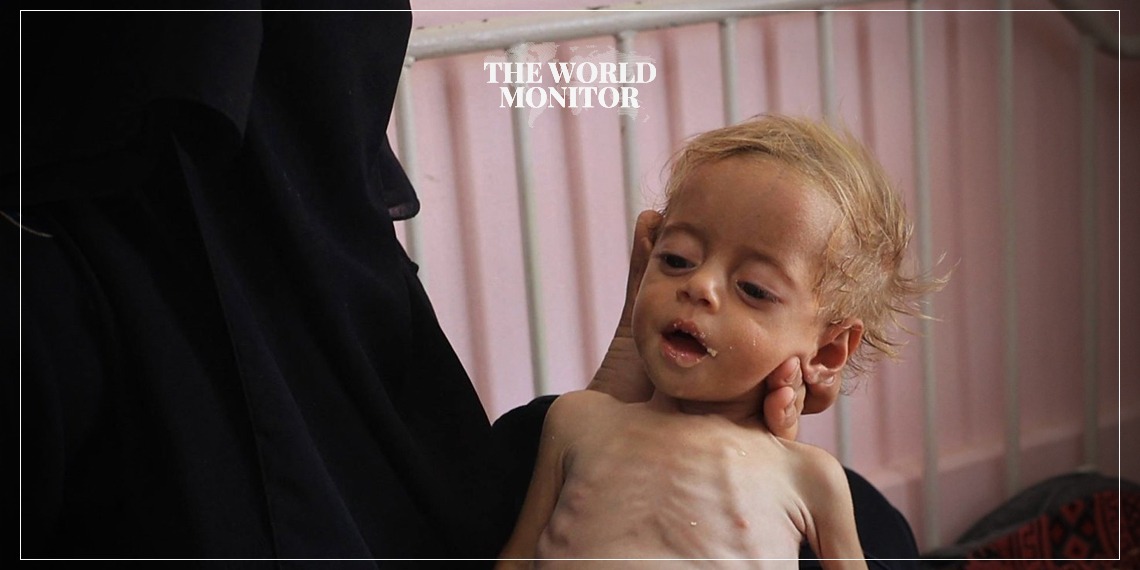The United Nations Children’s Fund (UNICEF) has issued a stark warning that at least 77 million children and adolescents in the Middle East and North Africa are suffering from some form of malnutrition due to ongoing crises.
Describing the situation as a “shocking statistic,” UNICEF emphasized the urgent need for intervention.
In a statement released on Monday, UNICEF highlighted that one in three children in the region is affected by malnutrition.
The organization reported that 55 million children are either overweight or obese, with this form of malnutrition becoming increasingly prevalent among school-aged children across all 20 countries in the region.
Furthermore, the report revealed that one in three school-aged children and adolescents are dealing with obesity or being overweight, while an additional 24 million children are grappling with undernutrition, leading to conditions such as stunting, wasting, and thinness.
Despite efforts over the past two decades to reduce the prevalence of stunting—a condition characterized by low height for age—the problem remains widespread, affecting 10 million children under the age of five in the region.
UNICEF noted that malnutrition in the Middle East and North Africa presents a significant challenge, compounded by ongoing crises, political instability, climate shocks, and rising food prices.
The organization stressed the need for tailored responses to address the unique nutritional challenges in each country, whether it’s combating child hunger and wasting in conflict zones like Sudan and Yemen, or addressing the dual burdens of stunting and obesity in nations like Egypt and Libya.
UNICEF’s Regional Director for the Middle East and North Africa, Adele Khodr, underscored the gravity of the situation, pointing out that only one-third of young children in the region receive the nutritious food necessary for their growth and development.
She warned that this alarming statistic could worsen as conflicts and other crises continue to unfold in the region.
UNICEF has urged governments in the Middle East and North Africa to prioritize nutrition in their national development plans, policies, and budgets.
The organization’s call to action comes in the wake of a report by UN agencies last month, which indicated that global efforts to combat hunger were hampered by conflicts, economic disruptions, and climate change in 2023.
The report estimated that approximately 733 million people worldwide faced hunger last year, with food insecurity affecting nearly 29% of the global population.






